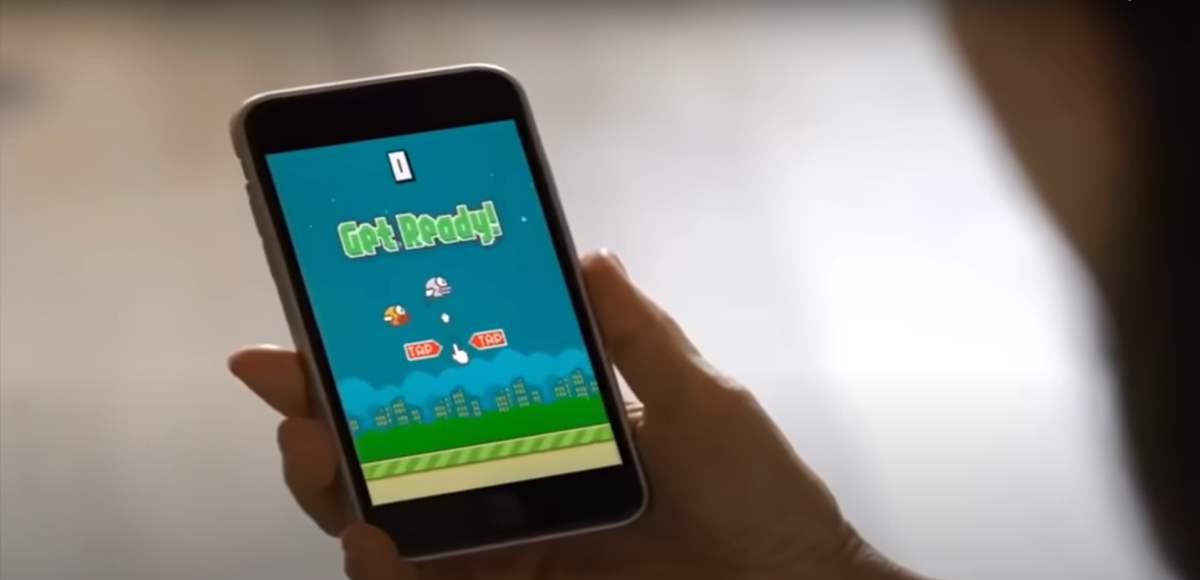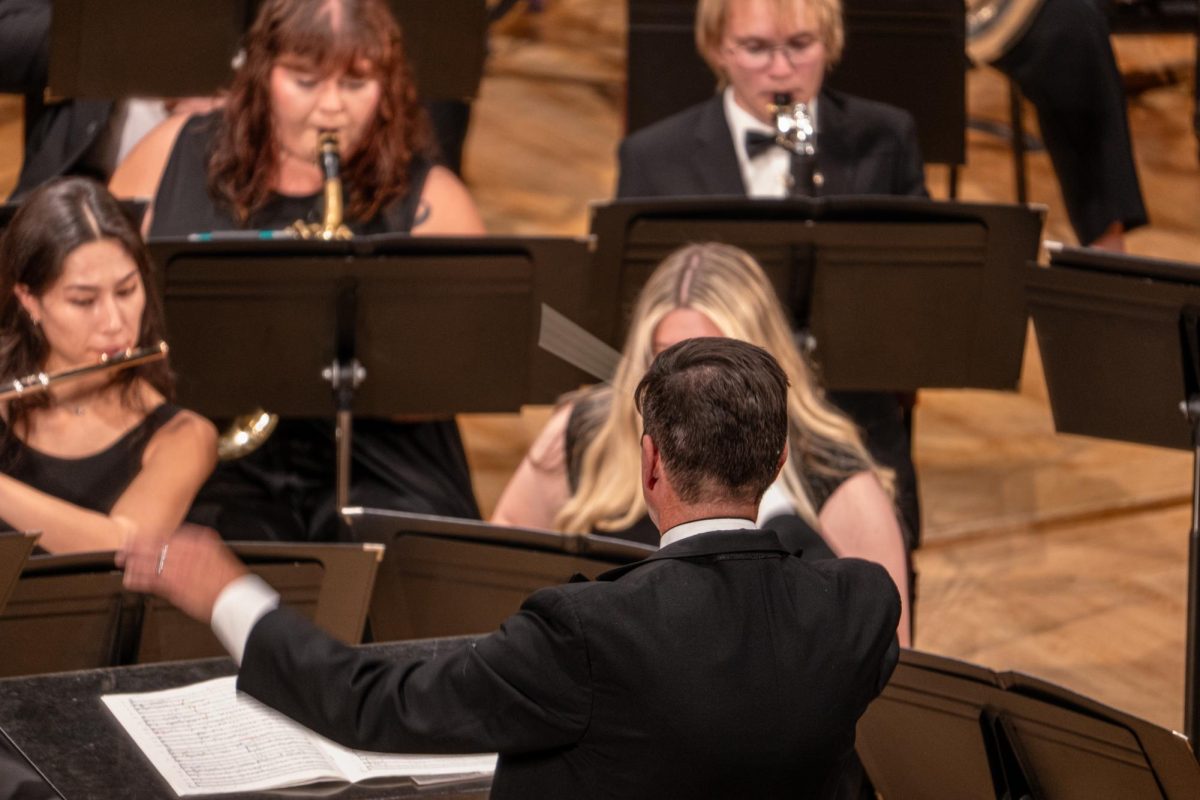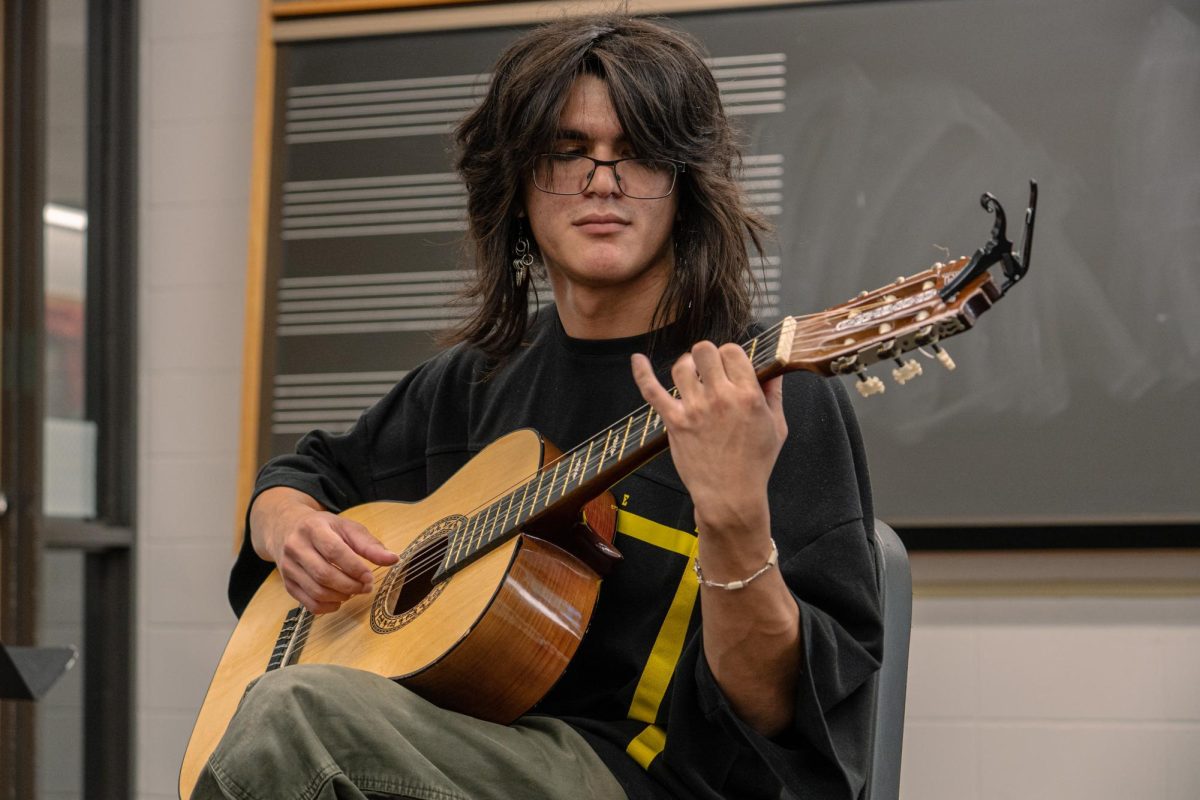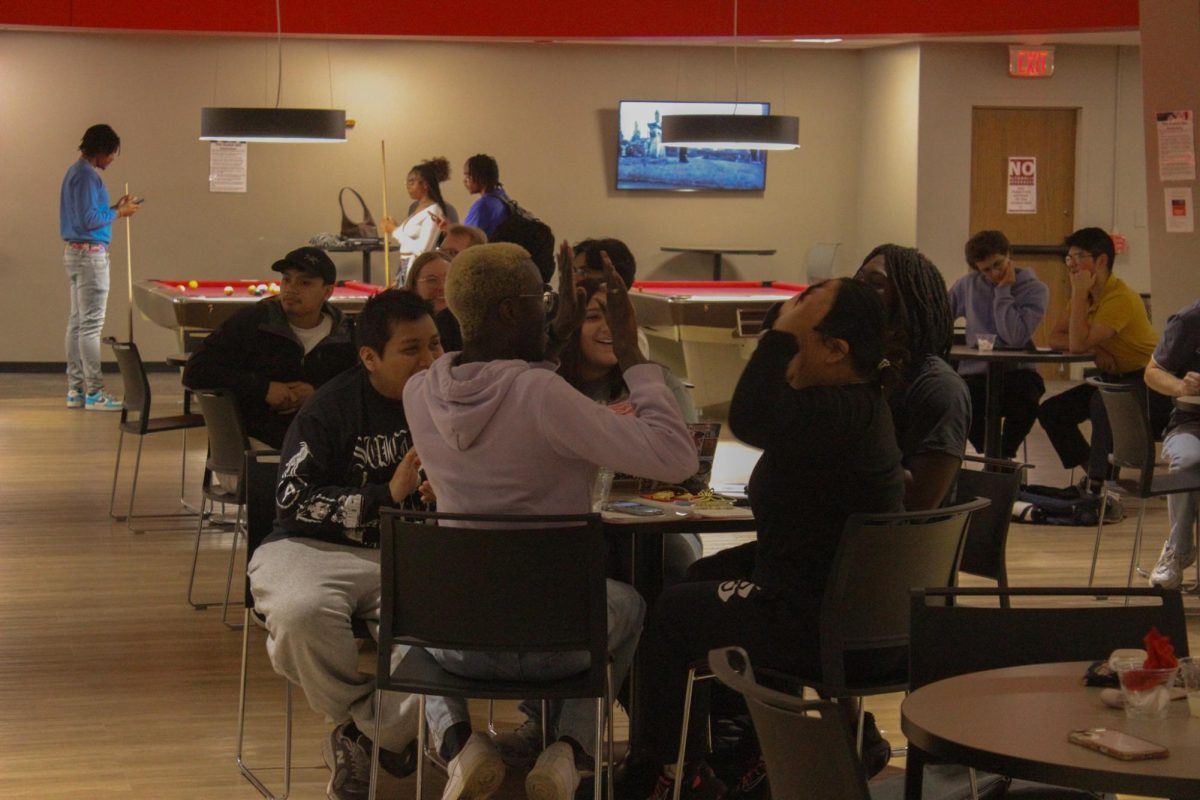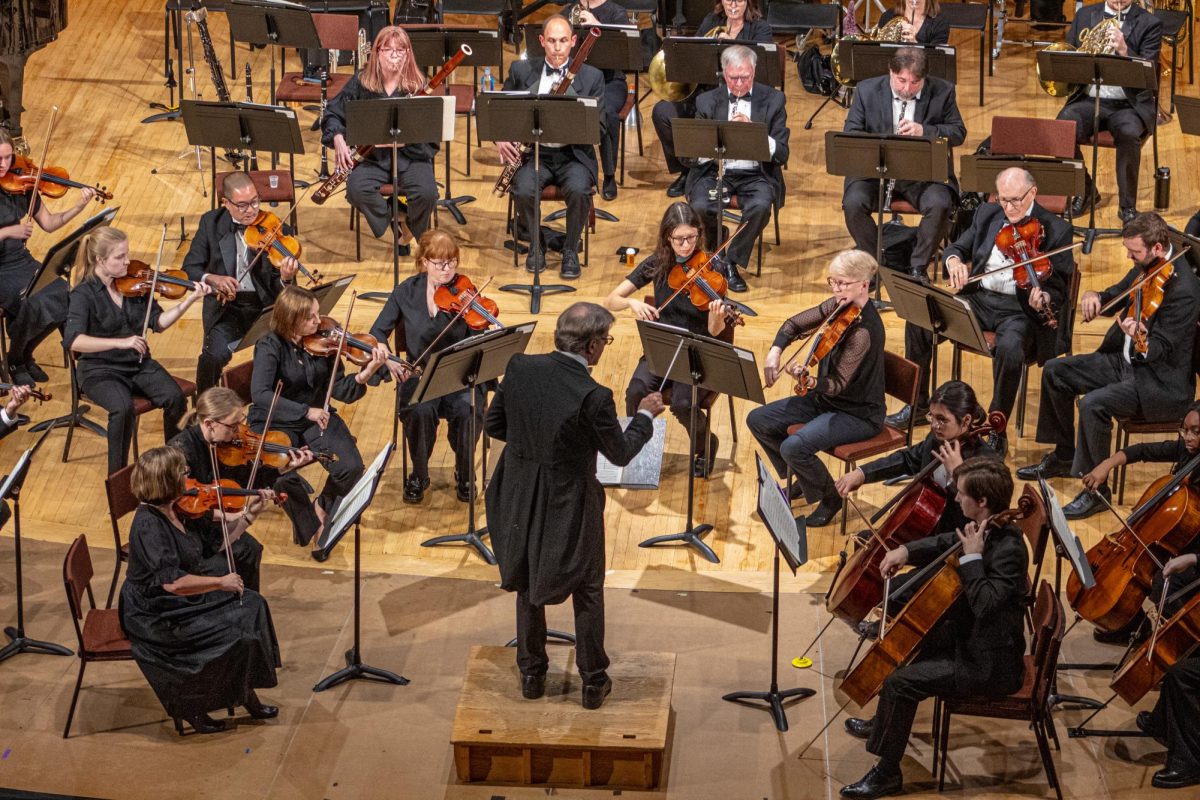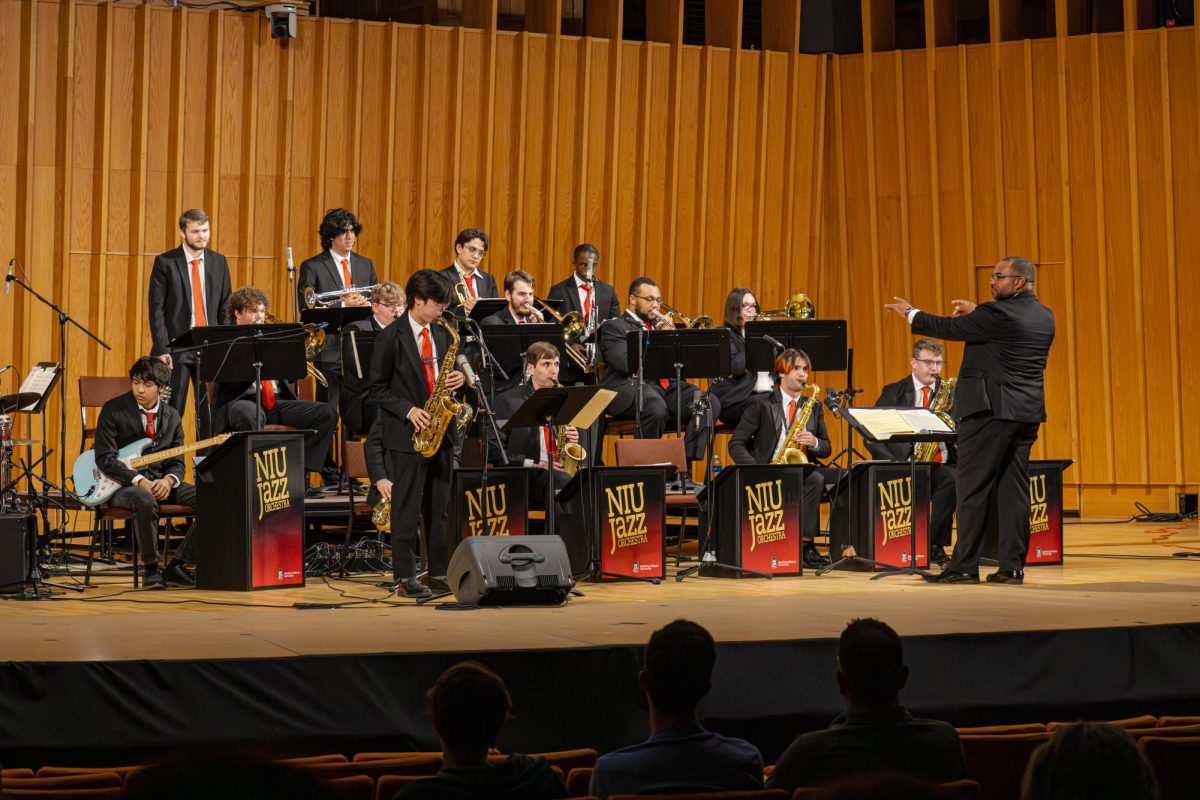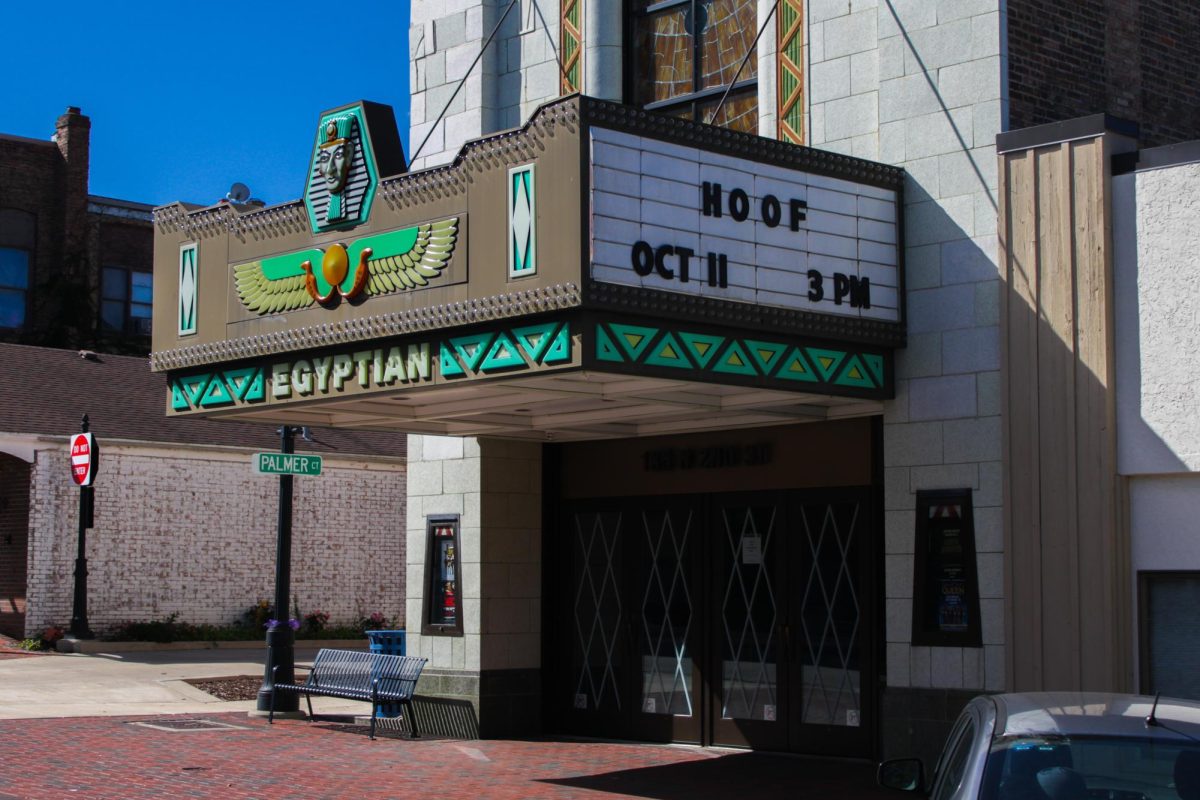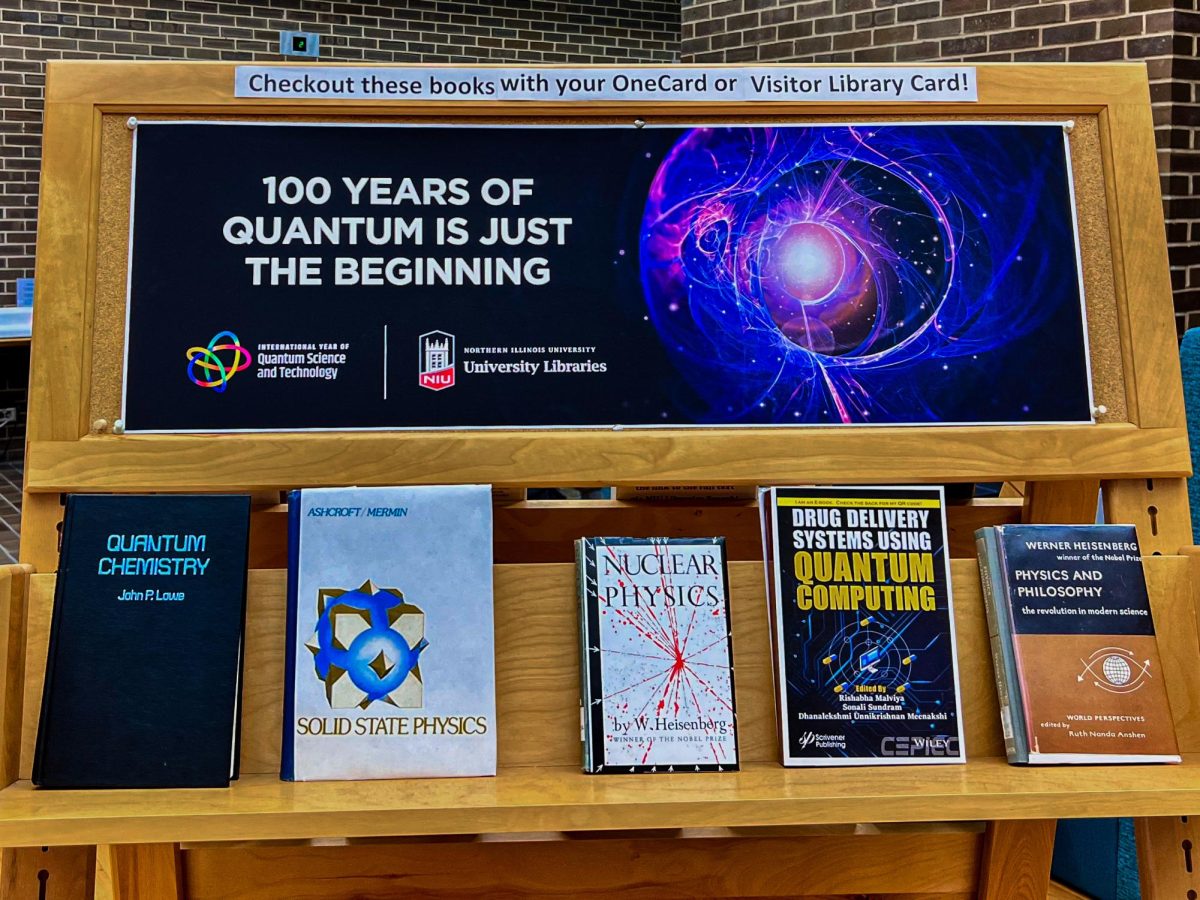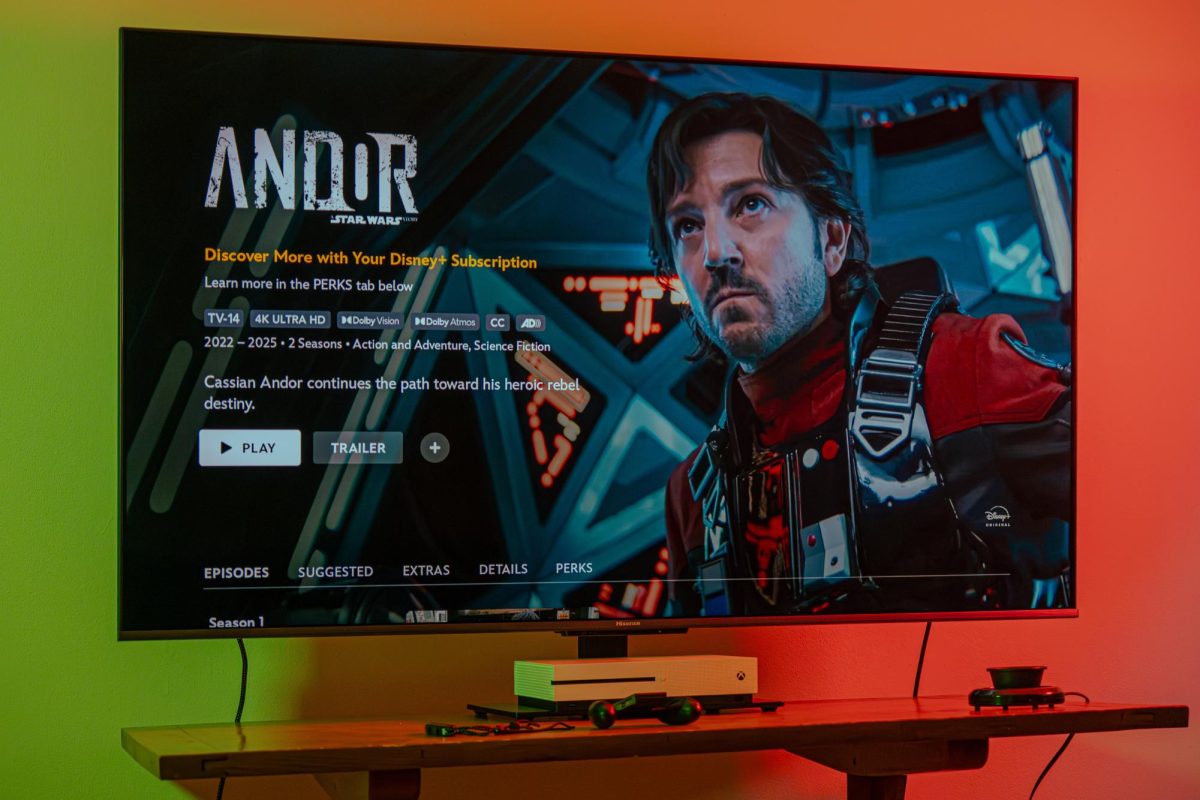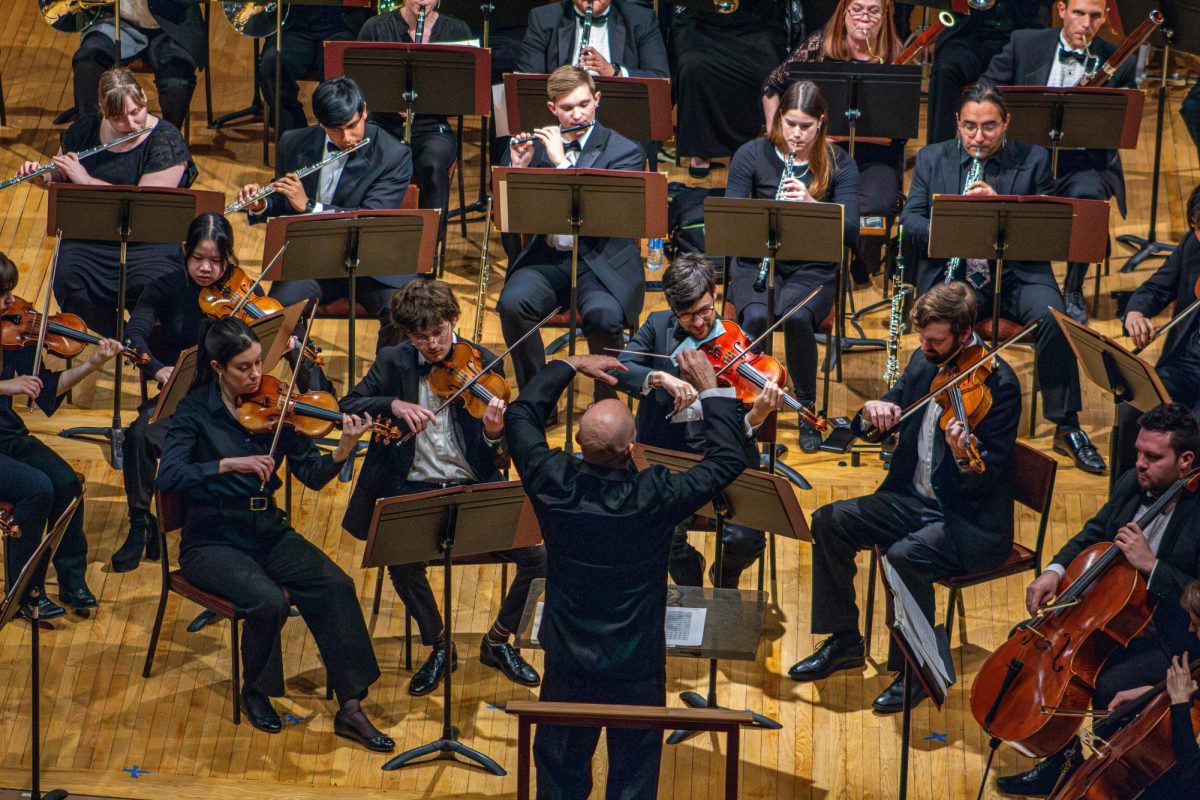There are few games that have swirled up as strong a controversy as “Flappy Bird,” and the long-thought deceased legend may yet flap again in the near future.
Released in 2013 as a mobile game for iOS and Android, “Flappy Bird” is a single player, side-scroller game that tasks players with helping a little yellow bird fly through a series of green pipes by tapping the screen.
Created and developed by Vietnamese video game artist Dong Nguyen and indie company .Gears, “Flappy Bird” was intended to be a chill game that players could enjoy in their free time.
“Flappy Bird” reached the peak of its popularity in 2014 and was known and played around the world, an achievement most video game developers could only dream of.
Anthony Aloisio, a computer science and mathematics major, recalls playing the game when it was released and compares it to a retro video game.
“I definitely liked it when it first came out but, honestly, I probably didn’t play it for more than a week or two before I got bored of it,” Aloisio said. “It really was one of those arcade-style, ‘go-for-the-high-score’ types of games.”
Despite the game’s overwhelming success, the game was not built with the intention of drawing in such a massive, passionate player base.
As more and more players joined the “Flappy Bird” crusade and attempted to obtain the highest of scores, issues arose with players, seemingly, becoming obsessed with and highly addicted to the gameplay.
The situation grew so out of control that Nguyen himself felt the need to remove the game from both the App Store and Google Play store in 2014.
Cheap copies and obvious knockoffs of the original game existed well before the game was taken down but increased in number after “Flappy Bird” was taken down.
These lookalikes donned names such as “Flappy Bee” or “Fly Birdie” in an attempt to profit and appeal to the players who enjoyed and missed the original game.
As such, the story of “Flappy Bird” was closed and it was assumed that the game would never see the light of day again.
Unexpectedly, a decade after the original game’s demise and to the shock and disbelief of fans of the original game, a new trailer was released on Sept. 12 detailing the title’s return. While the game’s return may be exciting for some, the trailer also included some eyebrow-raising features.
Madison Shackleford, a clinical mental health master’s student, showed interest in whether the current developers of the game would add anything new.
“Honestly, I’m here for the nostalgia,” Shackleford said. “I’d be interested to see if the new developers brought back any integrative or new things to it. That would make it a little different than what it was and add a little spice.”
This new version, developed by fans of the original game, features similar gameplay fans loved, however, the addition of new worlds and characters brings up the question of whether microtransactions, “small” transactions conducted online for additional content, will be included and the rebirth of “Flappy Bird” is nothing but another scam taking advantage of the love left for the former game.
The unexpected return of “Flappy Bird” is somewhat bittersweet as it seems to be a mere shell of its former self.
The original intent of the game was to provide a small, relaxing game for players to enjoy in their spare time and, unfortunately, it seems the game’s original intention may have been lost in a sea of unhealthy addictions, a multitude of copycats and a backbone of microtransactions.


